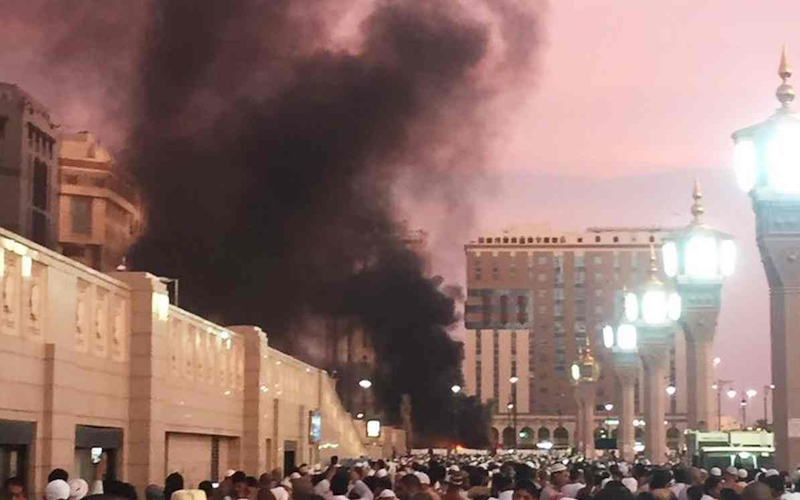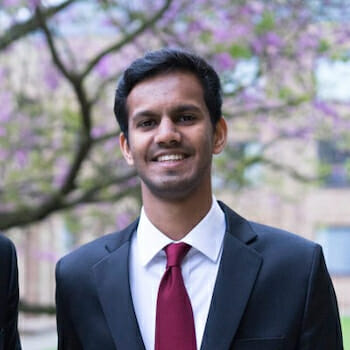
ISIS’ Attack Agenda Continues
Suicide bombers carried out attacks on the 4th of July in Saudi Arabia towards the end of the holy month of Ramadan. The three attacks in Jeddah, Qatif, and the holy city of Medina came after a bloody week in which there had already been terrorist attacks in Turkey, Bangladesh, and Iraq, resulting in major casualties, mostly Muslim.
Seven people are believed to have been killed and two wounded in these coordinated attacks. The attack in Jeddah took place near the U.S. consulate, and outside a Shiite mosque in Qatif. The deadliest attack, claiming the lives of four security officers, took place near the Prophet’s Mosque in Medina, which is considered the second-holiest city in Islam after Mecca. So far, no group has claimed responsibility for the attacks, though suspicion points towards ISIS, as their leader Abu Bakr al-Baghdadi has called for attacks against Saudi Arabia which is taking part in the U.S. – led coalition bombings in Syria and Iraq.
Due to the loss of territory in Iraq, ISIS had also called on its followers to carry out attacks during the holy month of Ramadan. These targets seem to be more symbolic than anything else as they were sectarian (Shiite mosque), anti-Western (U.S. consulate), and anti-regime (prophet’s mosque).
The Kingdom’s interior ministry stated that nineteen people, consisting of 7 Saudis and 12 Pakistani nationals, have been arrested following these attacks. A 26-year-old Saudi man, Naer Moslem Hammad al-Balawi has been identified as the perpetrator of the Medina attack. The Qatif attack was carried out by three terrorists; Abdul Rahman Saleh Al-Omar, Ibrahim Saleh Al-Omar, and Abdul Karim Ibrahim Al-Hosni. The Jeddah attacker was Abdullah Qalzar Khan, a Pakistani driver who had been living in the city for 12 years.
Setting aside differences, world leaders, politicians, groups, and activists expressed their outrage including Javad Zarif, Iran’s foreign minister who called for Muslim unity. The bombing in Medina was also condemned by the Afghan Taliban who stated that it was unacceptable to target the holy site.
Though these attacks may serve to boost regional recruitment for ISIS, they also signal its long-term intent to seize control of the holy cities of Mecca and Medina, as a caliphate which without the holy cities of Mecca and Medina is hardly a caliphate. These attacks are believed to be a part of a growing campaign to silence leading Islamic voices who challenge the group’s narrow, apocalyptic interpretation of Islam. ISIS depicts Shiites as con artists and traitors, often stating that Shiites are originally Jewish tribesmen seeking to infiltrate Islam.
For ISIS, Ramadan is an auspicious time to fight because “the devils” are chained up and heaven is open. However, the backlash from Muslims all over the world condemning the attacks may act as the adhesive required to combat this growing threat as Muslims have been the main targets and not just collateral damage in these attacks.

